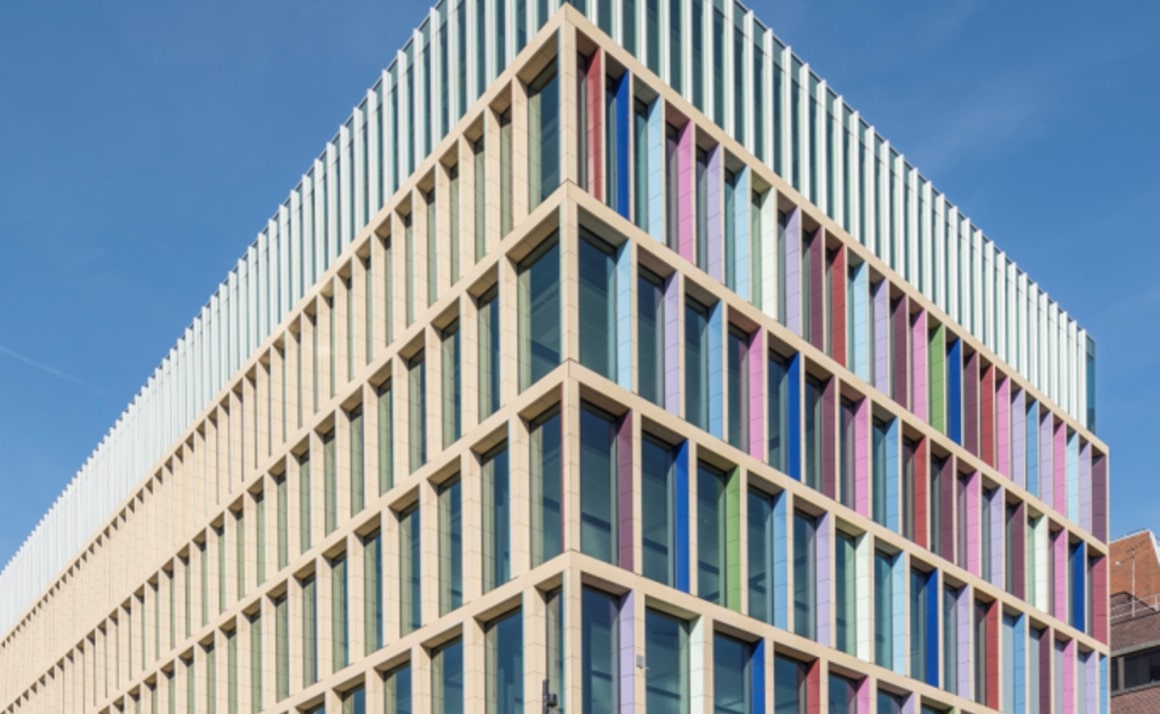
Opportunities remain for Asian capital overseas
With the world in turmoil, Asian investors in real estate might be forgiven for sitting on their hands, especially when looking outside their own region.
With the world in turmoil, Asian investors in real estate might be forgiven for sitting on their hands, especially when looking outside their own region; however, economic and geopolitical upheaval is also throwing up opportunities for investors looking outside this region.
Simon Smith, Head of Research & Consultancy at Savills Asia Pacific, says: “Weaker currencies in Europe offer opportunities to Asian investors, while the US economy looks relatively robust with potential for growth.”
The UK is a popular destination for Asian capital and the weaker pound is making everything there more affordable. In 12 months to the end of September, the pound fell nearly 17% against the Hong Kong dollar and more than 13% against the Singapore dollar.
Smith says: “This currency movement makes London real estate a lot more attractive to Asian buyers and the UK capital remains a core city for global real estate investors regardless of short-term economic and political difficulties. For example, Asian investors accounted for 44% of City of London investment deals in the first eight months of this year.”
Major deals include the sale of Kaleidoscope (pictured above), an office development on the fringes of the City let to tech firm Tiktok, sold to Hong Kong’s Chinachem Group for £158.5 million in September.
For longer-term investors prepared to take on value-add projects, Savills reports that millions of square feet of UK retail needs an energy efficiency upgrade in order to meet tough new standards which come into play next year.
A prime concern for Asian investors in Europe is inflation, which is running at around 10% in both the UK and the eurozone. However, multifamily residential investments in key European markets could provide an inflation hedge, as undersupply of rental residential is driving rents up sharply in a number of markets. For example, Berlin rents have risen 42% over the past five years.
Rising interest rates have taken some highly-leverage investors out of the market, which may open up an opportunity for patient investors with lower debt levels. The main obstacle to investors is the risk of government intervention. Rent controls have been introduced in a number of markets.
“However, if growth in rents is limited, but still linked to inflation, then the attraction of residential as an inflation hedge remains,” says Smith.
The economic picture in the US is rosier than in Europe, with somewhat lower inflation and better growth prospects. Forecasters reckon the US economy will grow in real terms this year, as inflation falls and the economy remains strong. Energy security has been a significant factor supporting the nation’s economy.
The strength of the US dollar is the main obstacle for Asian investors, although rising interest rates will make life difficult too. However, rising finance costs will hit highly leveraged owners and buyers the most and thus may offer opportunities to more conservatively leveraged buyers.
However, Smith says: “In both the US and Europe, we still see a lot of real estate investors with dry powder who are keen to get it invested. There will still be plenty of competition for the best assets. Asian investors should take advice from local market experts to help them secure deals.”
Further reading:
Savills global research
Contact us:
Simon Smith



